Final Rites [11292012] - AlHuda Sisters
Final Rites [11292012] - AlHuda Sisters
Final Rites [11292012] - AlHuda Sisters
Create successful ePaper yourself
Turn your PDF publications into a flip-book with our unique Google optimized e-Paper software.
Abdullah bin 'Umar (may Allah be pleased with him) reported: Messenger of Allah said, "It is the duty of a Muslim who has something which is to be given as a bequest not to have it for two nights without executing a written will." (Al-‐Bukhari, Muslim) In the narration of Muslim it is narrated as 'three nights.' Ibn 'Umar (may Allah be pleased with him) said: "Since I heard the Messenger of Allah say this, I have never spent a night without having my will with me."It is even more important to write a will in cases when one owes dues to Allah or His slaves that may not be fulfilled without a will. 2. It is not permissible for one to include the heir in the wasiyyah. It was narrated that 'Amr bin Kharijah said: "The Messenger of Allah delivered a Khutbah and said: 'Allah has given every person who has rights his due, and there is no bequest to an heir.'" (Sunan An-‐Nasa'i, Hasan) Hence, we are not allowed to bequeath any amount of our wasiyyah to the legal heirs. However, one could include special clauses in his will to assure that they do receive their rightful share of the inheritance—especially in countries where the Islamic law of inheritance is not applicable. 3. It is forbidden to be unjust in one's will. This can be done either by depriving some of the heirs from their rightful share, or by favoring some over others (i.e. by giving them more than the amount ordained). This liberty is given in non-‐Islamic countries (where they can distribute their wealth according to what they desire). However, one should fear Allah as this is strictly prohibited. -‐ 19 -‐


![Final Rites [11292012] - AlHuda Sisters](https://img.yumpu.com/48613568/21/500x640/final-rites-11292012-alhuda-sisters.jpg)
![Journey to Eternity Fixed [12232012] - AlHuda Sisters](https://img.yumpu.com/51053423/1/184x260/journey-to-eternity-fixed-12232012-alhuda-sisters.jpg?quality=85)
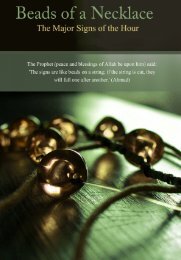
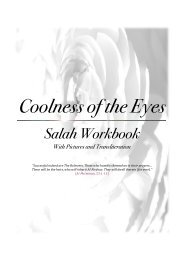
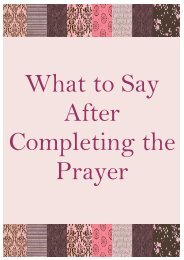
![Ruqyah with Transliteration [05302011] - AlHuda Sisters](https://img.yumpu.com/47668779/1/190x245/ruqyah-with-transliteration-05302011-alhuda-sisters.jpg?quality=85)

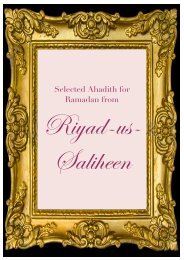

![Ruqyah with Transliteration [07242012] - AlHuda Sisters](https://img.yumpu.com/45657180/1/190x245/ruqyah-with-transliteration-07242012-alhuda-sisters.jpg?quality=85)
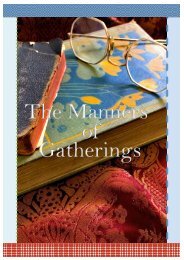
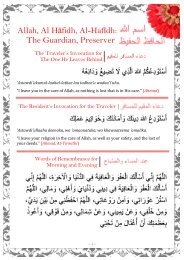
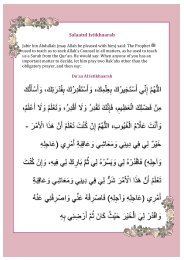
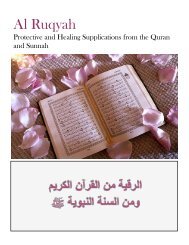
![Precious Remembrance [11232012] - AlHuda Sisters](https://img.yumpu.com/40921168/1/184x260/precious-remembrance-11232012-alhuda-sisters.jpg?quality=85)